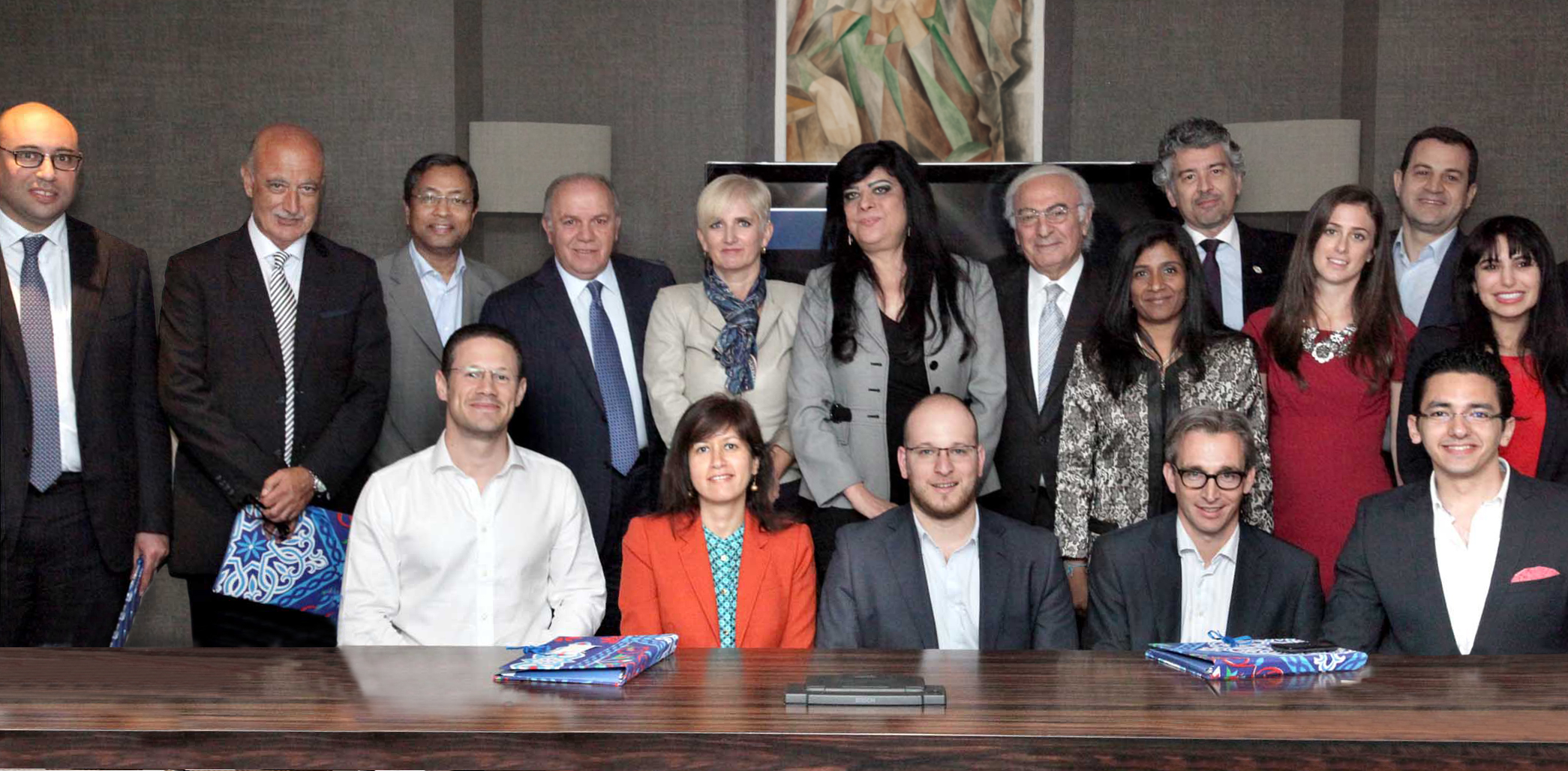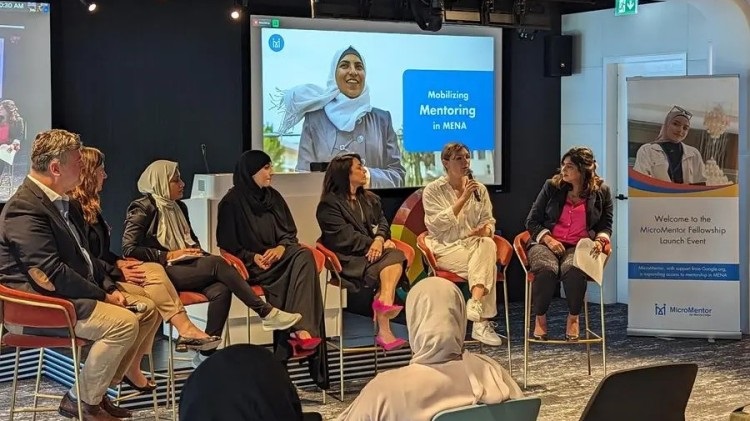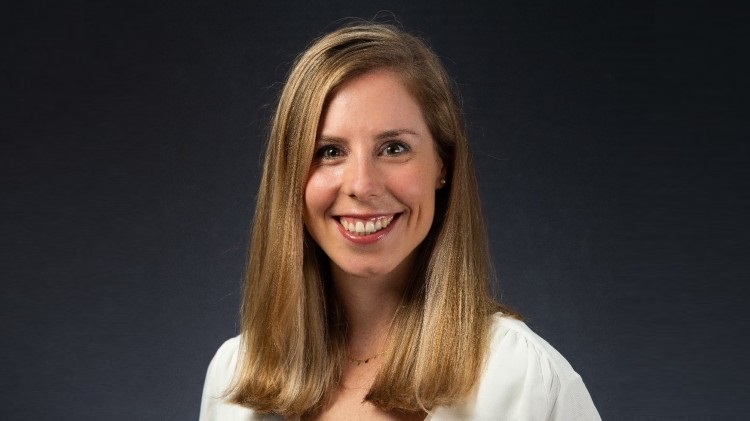Ashoka, the global platform for social innovation, has launched a dedicated program to promote social entrepreneurship in the Gulf region.
The Arab World Social Entrepreneurship Program (ASEP), which was unveiled in Dubai at an event attended by some of the region’s leading social entrepreneurs, outlined its roadmap for supporting local social innovators in scaling up their operations in three core areas – healthcare, environment and women participation for inclusive growth. A Leadership Circle, comprising business entrepreneurs from the region who will support social development initiatives in these three core areas, was also formed.
ASEP will follow a structured approach to drive growth by first engaging with social entrepreneurs who are ready to scale up their model; connect them with business entrepreneurs, global peers or consultants; analyze their strategy and operations; present plans to business entrepreneurs for their feedback; evaluate the business plan of the social entrepreneurs and select best strategies for their implementation.
Badr Jafar, Chief Executive Officer of Crescent Enterprises and Managing Director of the Crescent Group, who spearheaded the partnership with Ashoka, said the launch of ASEP will catalyse social entrepreneurship in the Gulf by establishing a community of the region’s business entrepreneurs as supporters and linking them to Ashoka’s global network.
“Social entrepreneurship, which addresses issues ranging from job creation to women economic empowerment and sustainable development, has tremendous potential to transform the socio-economic landscape of the Arab World. ASEP aims to introduce regional business leaders to the concept of social entrepreneurship by facilitating networking with Ashoka Fellows globally. These social innovation experts will help identity high-impact social initiatives and partnerships that contribute to positive change,” Jafar explained.
At the ASEP launch event, Bill Drayton, Founder & Chief Executive Officer of Ashoka Global, and who is credited with creating the term ‘Social Entrepreneurship’ in the early 1980s, explained how the global entity with over 3,000 Fellows in over 70 countries creates systemic change to address social challenges.
Iman Bibars, Vice President of Ashoka Global and Regional Director of Ashoka Arab World, introduced ASEP, its importance to the UAE and the long-term returns the program provides to core investors. She said: “ASEP will establish the UAE as a regional pioneer of social entrepreneurship and a key global contributor to the sector by covering business, academic, government and civil society leaders to help scale social innovation. It will be a hub for dynamic contributors from the public and private sectors. From the UAE, we will expand and establish ASEP as a regional landmark.”
Vojislav Bajic, Development Officer of Ashoka Arab World, led a discussion of the Leadership Circle, highlighting water scarcity as the key environmental issue to be addressed in the environmental sector through innovative business models. With the highest per capita consumption of water in the world, the Gulf Region could face a water crisis in the future if timely measures are not implemented.
The Leadership Circle also identified obesity as the key healthcare concern to focus on, with a recent World Healthcare Organization (WHO) report estimating that nearly 40% of the children in the 13 to 15 age-group in the Gulf region are obese. It is also projected that the economic burden of obesity and related diseases will cost the region about US$60 billion by 2025.
The focus on women participation for inclusive growth draws on the well-documented fact that it is crucial for generating inclusive and sustainable regional economic growth. There are positive trends in this regard with Al Masah Capital reporting that women own or run approximately 30% of small and medium enterprises in the UAE.
ASEP will draw on the strong interest in volunteerism in the Arab world and a rising interest among entrepreneurs and the youth to contribute towards the region’s sustainable development. There is also a remarkable surge in social innovation that brings together the public sector, businesses and youth to drive social and economic development.
“With the International Labour Organization reporting that average youth unemployment in the Middle East and North Africa is at the highest in the world at over 25%, there is a tremendous amount of underutilized productive capacity in the region, particularly with our women population. The opportunities for individual, social and economic development can be realized through a focus on social entrepreneurship, which will be the main mandate of ASEP,” concluded Badr Jafar.





